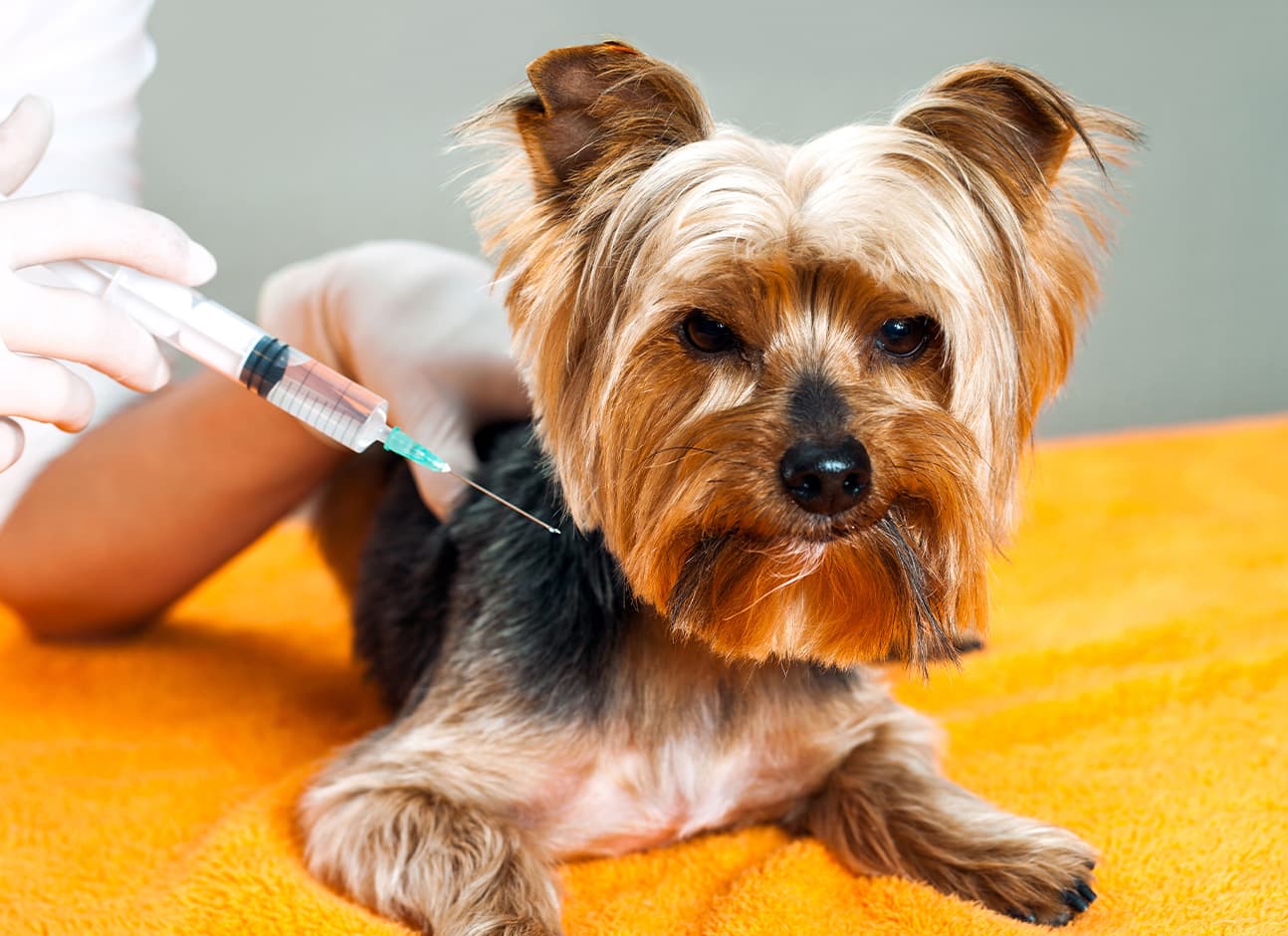Lymphoma, which is the cancer of the lymph nodes and the lymphatic system, affects both humans and dogs alike. It leads to visibly enlarged lymph nodes both externally and internally. One of the most common types of canine cancer, lymphoma is more frequently observed among older dogs. Certain dog breeds such as Bullmastiffs, Golden Retrievers, Saint Bernards, and Basset Hounds are more susceptible to developing lymphoma than other canine breeds.
There are four types of lymphoma that commonly affect dogs, namely Multicentric lymphoma (most common), Alimentary lymphoma (affects the gastrointestinal tract), Mediastinal lymphoma (rare), and Extranodal lymphoma which affects a particular part of the body outside the lymphatic system. Common symptoms of lymphoma include enlarged lymph nodes, loss of appetite, lethargy, weight loss, and edema (swollen legs or face).
Although the conclusive cause(s) of lymphoma remain unclear, it has been suggested that bacteria, viruses, exposure to certain chemicals, and magnetic fields could be responsible for canine lymphoma. Your veterinarian can make a definitive diagnosis using fine-needle aspiration which involves the extraction of a sample of the affected organ or lymph node. They may also recommend the use of ‘staging tests’ to check the progression of lymphoma. Treatment for lymphoma primarily involves chemotherapy, radiation therapy, and surgery. Some dogs may experience diarrhea, vomiting, and a loss of appetite as side effects of chemotherapy. The type of chemotherapy that your dog may need depends on the type of lymphoma that they have.
Although lymphoma is a serious incurable illness, there are certain measures that you can take to ensure your dog’s continued comfort and care for the remainder of their lives. While death is inevitable, you can help to improve the quality of your pet’s life by being actively involved in their treatment and care procedures. You can consult with your veterinarian about the possible ways in which you can care for your terminally-ill dog.
Caring for your canine has never been easier. Navigate through our ‘Vet for Dog‘ offerings for premium care.
